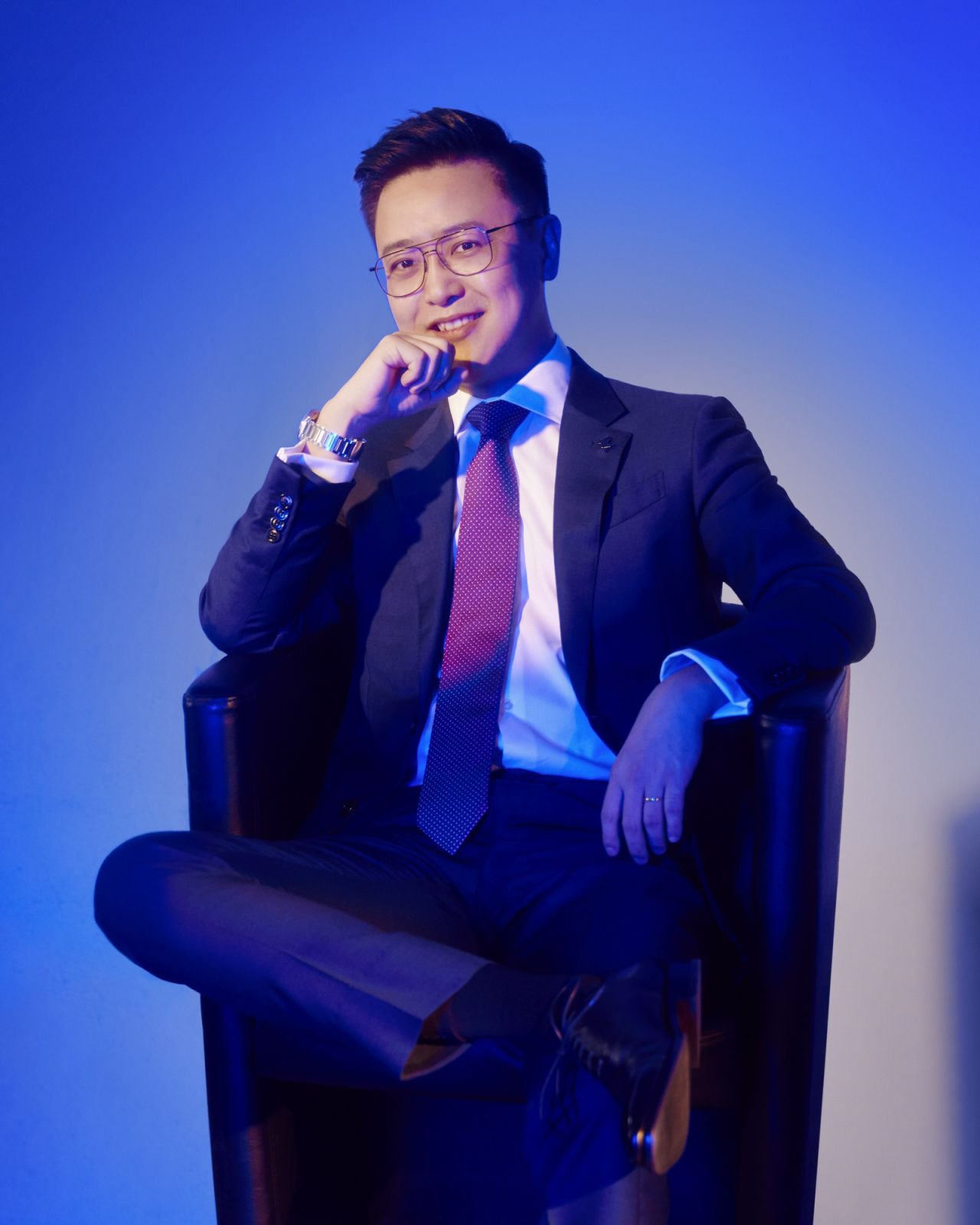The co-founder and CEO of Singapore-headquartered biotechnology company Mirxes talks about transitioning from scientist to entrepreneur, and what it means to save lives in a post-Covid world
When Singapore had its first case of Covid-19 on January 23, 2020, little was known about medical terms such as PCR and RNA. But to someone like scientist and entrepreneur Zhou Lihan, they had long been in his vernacular. From his background as a researcher in A*Star and as the co-founder and CEO of Mirxes, the China-born Singapore-based Zhou has been developing, manufacturing and commercialising PCR and RNA tests—but for cancer.
“We were called in and asked a simple question. Can you guys make 100,000 tests in 10 days?” shares Zhou about the beginnings of Singapore’s Fortitude Kit, a Sars-CoV-2 Virus RT-PCR Diagnostic Test—and the country’s first diagnostic kit for Covid-19 testing. “We pivoted our capabilities to ramp up Fortitude Tests. The ability to actually have all the test kids made in Singapore sufficient for all healthcare institutions was a great relief to everybody.”
The Fortitude Kit was a great example of what Zhou’s biotechnology company does: turning academic research into a product that can be commercialised for clinics and eventually, the community.
Read more: How technology has advanced since the start of the pandemic
Formed in 2014 by a team of former A*Star researchers, Mirxes developed GastroClear, the world’s first RNA-powered blood test for early detection of gastric cancer.
Zhou wants the healthcare industry to move from sick care to preventive care, with early detection as the key driving factor.
To that end, Mirxes launched Project Cadence (CAncer Detected Early caN be CurEd), its most ambitious initiative to date, in Singapore mid last year. The aim of the large-scale clinical research collaboration with public healthcare institutions, medical schools and the Ministry of Health is to develop a blood test that will detect up to nine high-incidence and high-mortality cancers at an early stage.
This year sees Mixres scaling the test development in the region with a project in Indonesia, with more markets, including the Philippines, in the pipeline. The earliest prototype of the test can be expected between late 2024 and early 2025.
Zhou shares more about his path from scientist to entrepreneur, and the education and collaborations needed to save lives.
Most doctors come from a family or generation of doctors. What was your family’s background like?
Zhou Lihan (ZL): My grandpa was a doctor who served in the Korean War, saving as many lives and limbs as he could. You hear stories about the war and how they would prefer not to do it again. He came back from the war and settled down in a hospital in a small town in the mountains.
My folks were engineers. They built things, but there was very little real knowledge of what a scientist did or what research was.
I, on the other hand, wanted to be a firefighter.
Read more: The Singapore startup reaching the 52% of the world without healthcare
You grew up in China. Tell us about your early memories surrounding healthcare and the sciences.
ZL: I was born before China opened up. While everyone was not well-to-do, equality was there. Folks cared for each other. There was a great sharing culture because there wasn’t much. So when the family goes into a difficult situation, everybody helps—your neighbours, the folks in the next block; [there was] that kampong spirit.
I was a sick child. I had pneumonia twice before I was six. So I was a patient in the hospital for a long time. I observed how the nurses and doctors acted. I would say the hospital is not unfamiliar to me.
When did you realise you had an aptitude for the sciences?
ZL: There was a lot of promotion in Singapore at the time I was in secondary school about going into life sciences and biomedical science, and I thought it sounded good. I was part of the second cohort of life science majors at the National University of Singapore (NUS).
